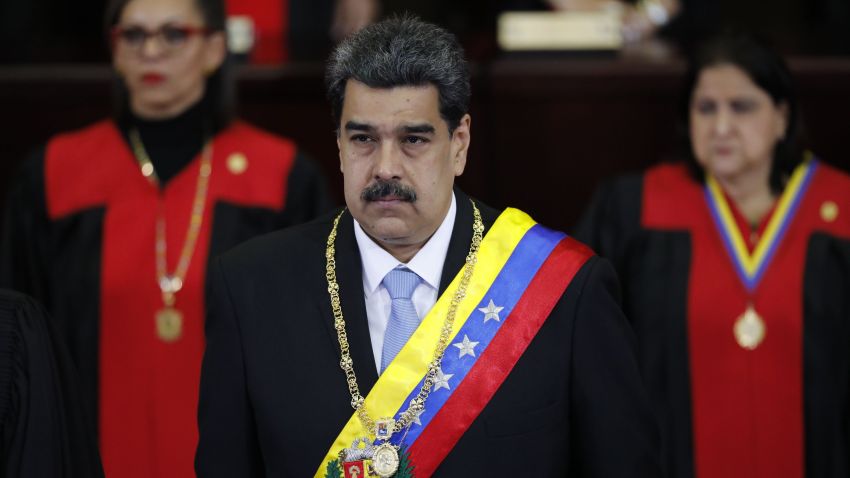Prospects for a prompt resolution of the protracted political conflict in Venezuela between supporters of President Nicolas Maduro and the opposition Unitary Platform seem bleak. Bolstered by ever-closer ties to authoritarian rulers around the world, especially in Russia, China, Cuba, Iran and Turkey, Maduro has shrugged off U.S.-led efforts to isolate him diplomatically and strangle the Venezuelan economy. The opposition, meanwhile, is weak and fragmented, and its popular support is in tatters. Less than a decade ago, it was powerful enough to win a supermajority in the National Assembly against the ruling United Socialist Party. Now, it is struggling to remain relevant.
Yet relatively little attention has been paid to the opportunities that may arise from recent political developments in the region. Maduro, of course, has every reason to be pleased that the left is once again resurgent across Latin America. With the victory of leftist President Gustavo Petro in Colombia, the only major government in the region still in right-wing hands is that of Brazil—and polls suggest that President Jair Bolsonaro is likely to lose in October to leftist former President Lula da Silva. Once dominated by anti-Maduro forces that joined enthusiastically in former U.S. President Donald Trump’s “maximum pressure” campaign aimed at inducing regime-change in Venezuela, the region is now much less polarized. Even the right has, for the most part, little enthusiasm for such belligerence.
However, the situation in 2022 is very different from the circumstances that prevailed in the 2000s and early 2010s, when former Venezuelan President Hugo Chavez led a powerful regional challenge to the United States, fueled by a massive and sustained commodities boom. Today, against a background of growing economic crisis in the region, a penniless Maduro presides over a collapsed economy from which thousands continue to flee every month, even if hyperinflation has been tamed, for now, by easing controls and by partial dollarization. Indeed, if Venezuela’s so-called Bolivarian Revolution was once an inspiration and a ready source of cash to regional allies, today it represents a dire warning for any tempted to follow its lead. The region’s leftist leaders, many of whom have emerged in countries that did not succumb to that first wave of “21st-century socialism”—like Chile and Colombia—have every reason to distance themselves from Maduro.

